Diplomats the world over are known to always stay as neutral as possible in the face of power play and/or internal crisis rocking their host state, but surprisingly, Walter Carrington wore the activist badge the years he served as the United States ambassador to Nigeria. At the time, from 1993 till 1997, Nigeria was under the military dictatorship of the late Sani Abacha — a regime that was characterised by violation of human rights, suppression of political dissent and that of the press.
It was also a time the clamour was on the increase to install MKO Abiola who had presumably won the June 12, 1993 presidential election.
Carrington was so determined to use his position as the US ambassador to encourage the return of democracy and ensure respect for the rights of all Nigerians, that at some point there were questions on if the ambassador was carrying out the alleged intentions of the US government to kick Abacha out of power.
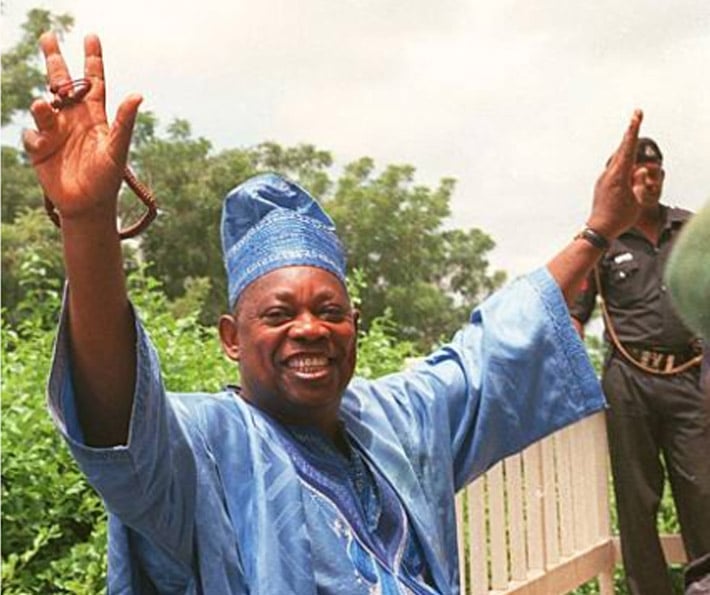
Standing his ground, however, Carrington continued to express his concern over the abuse of human rights, and what he described as the unfortunate descent of Nigeria under the military into a police state.
Advertisement
“I will continue to raise these issues with the regime because Nigeria represents many things to many people whose [nationalities] are elsewhere,” he said in December 1993, months after he had just assumed his ambassadorial role in Nigeria.
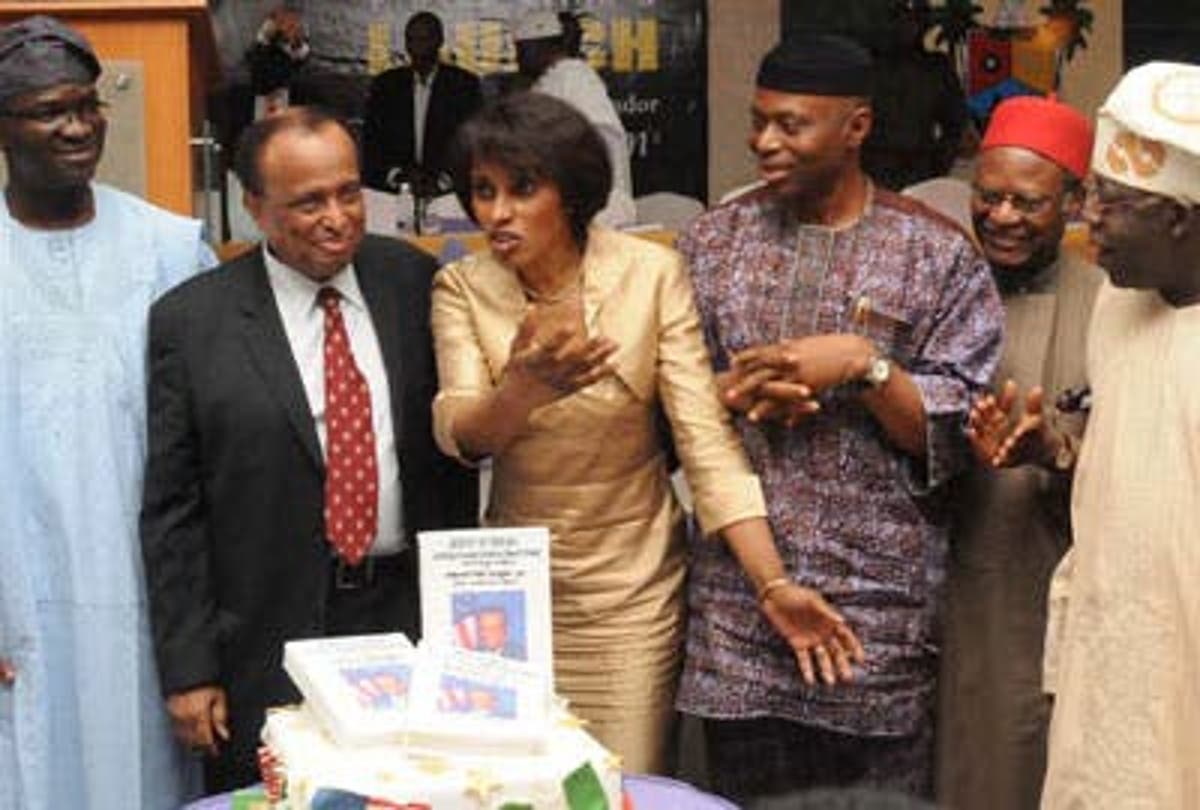
Rauf Aregbesola, Nigeria’s minister of interior, in a birthday tribute to Carrington in July, explained how the ambassador went beyond diplomatic limits in the engagement of the Abacha regime and the struggle for military disengagement and enthronement of democratic government.
“Ambassador Carrington projected the United States as our greatest ally in the quest for democracy, human rights and social justice in a way never seen before and after his departure. No doubt, his place in the history of democratic struggles in Nigeria is assured,” Aregbesola wrote.
Advertisement
Carrington would later become a household name in the circles of rights and pro-democracy activists, and until his death on Wednesday, aged 90, he remained the most popular US envoy to serve in Nigeria.
NO NEUTRAL GROUND IN THE TIME OF TYRANNY
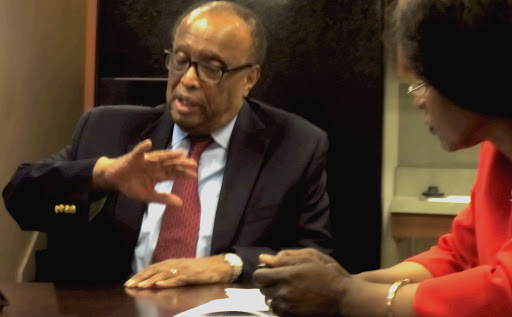
There were a couple of plots hatched by the Abacha government, Carrington said, which they learnt about in time to prevent them from being carried out. And rather than sit back and watch things unfold, he chose to stand on the side of the people.
In an interview with The PUNCH, he explained how he felt a duty to speak against the dictatorship.
Advertisement
“There is no neutral ground on which one ought to stand in a time of tyranny. As the title of my collection of speeches proclaims, I felt a duty to speak,” he said.
“I had been involved from my student days in the civil rights struggle at home and later in support of the anti-apartheid struggle in South Africa. There was no way I could remain silent during the reign of Nigeria’s worst military dictatorship. I believe an ambassador is an envoy not only to the government to which he or she is accredited but also to its people.”
In another interview with The History Makers, Carrington said, until Abacha’s death, he was very active in trying to increase the pressure on him.
“In fact I had, when I was ambassador, in my last year there, tried to get the United States to enact stronger sanctions against the Abacha regime to put the oil money in trust, to put economic sanctions on them, et cetera, but couldn’t, couldn’t, couldn’t get them to move that far, but luckily Abacha’s regime was ended when he died,” he said.
Advertisement
DEMOCRACY DOES NOT PROVIDE QUICK DIVIDEND
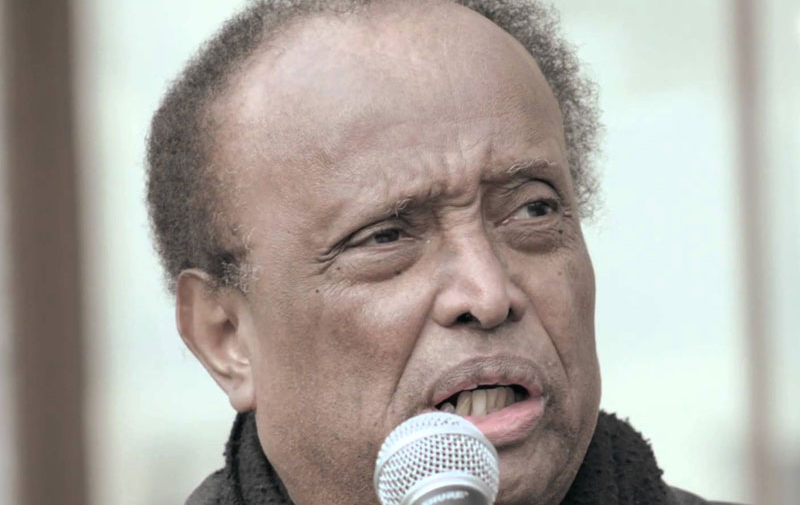
The return of democratic rule in Nigeria, Carrington said he was always proud of. Despite all the tribulations that came with military dictatorship, the ambassador, in the PUNCH interview, said Nigeria remains a nation with leaders elected by the people, as “power now comes from the people’s ballot and not from the barrel of a soldier’s gun”.
Advertisement
According to him, however, democracy does not provide immediate dividend as it is a fragile flower and must be constantly watered and cared for.
“It can never be taken for granted. There are always those who would like to subvert it to their own ends,” he said.
Advertisement
“Democracy does not produce quick dividends but it establishes the enabling environment in which they can be realised. It can be frustratingly imperfect but it gives citizens the possibility to perfect it and improve their circumstances, an opportunity that does not exist under military dictatorship.
“Winston Churchill once described democracy as the worst form of government except for all the others. I have always favoured the metaphor which compares democracy with sailing down a river on a raft. Your feet are always wet, but you never sink. One of America’s wisest founding fathers, Benjamin Franklin, when asked what the new Constitution had bequeathed to the people, replied: ‘A Republic, if you can keep it.’ The challenge to keep this new republic is one to which all Nigerians must forever be dedicated.”
Advertisement
LET’S HOPE BUHARI IS THE RIGHT MAN FOR NIGERIA

Carrington didn’t really have much to do with Muhammadu Buhari, himself a former military ruler who again served under the Abacha regime as chair of the Petroleum Trust Fund (PTF).
In the interview, he said he had met Buhari on a couple of occasions but rather briefly.
Since the return of democracy in 1999, Buhari is the fourth elected president and whose campaign was centred on the fight against corruption.
While agreeing that the president faces economic and security challenges, Carrington remained optimistic that Buhari would succeed.
“Nothing is a greater symbol of the strength of electoral democracy than a peaceful transfer of power from one political party to another. I remain optimistic that President Buhari’s fight against corruption will prove successful,” he said.
“He faces enormous economic and national security problems. The collapse of world petroleum prices shows the urgent need for diversifying the economy and reducing the nation’s dependence on oil. Such a restructure must include building up the agriculture, manufacturing, electrical power and technology sectors. Accomplishing all this while dealing with security problems throughout the country is a daunting task, indeed. We must all hope that President Buhari proves to be the right man at the right time for Nigeria.”
In his condolence message, Buhari had also described Carrington as a “long time friend of Nigeria and an astute and courageous diplomat,” adding that the story of the “Nigerian democracy under the Fourth Republic will not be complete without a mention of the heroic roles of the likes of Ambassador Carrington.”
JONATHAN SHOULD BE PRAISED FOR ACCEPTING DEFEAT

In what appeared spectacular in Nigeria’s recent electoral history, an incumbent President Goodluck Jonathan accepted defeat at the 2015 presidential election, and immediately congratulated Buhari who was declared winner.
This, Carrington said, was probably one of Jonathan’s finest moments.
“I think ex-President Jonathan has set an example that I hope will be emulated by other leaders in Africa,” he said in the interview.
“He could have at most two terms and after that he had to leave. We had another election and the Republican lost and the Democrats took over. That is really important and I think Nigeria being a leading country in Africa did demonstrate such an example by the fact that the head of the ruling party accepted defeat when his party lost in the last presidential election. It was the first time that will happen since the return of democracy. There were no riots; there were no disturbances and no killing. I think that is a very good thing.
“Ex-president Goodluck Jonathan certainly should be praised for the way in which he accepted defeat. Because you know in other countries around the world you have situations that had not been the case. It is extremely important to set that example, not only for Nigeria and Africa that even though your party is out (of power) you have to try again in the next election.”
I’M FORTUNATE TO HAVE MARRIED MY WIFE
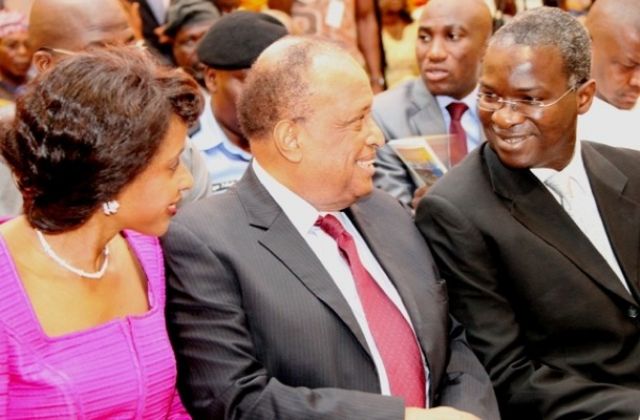
Carrington saw himself as very fortunate to have married Arese, who interestingly, is of Nigerian heritage.
After he had presented his credentials as the new US envoy to Nigeria in 1993, Carrington attended his first diplomatic function “and saw this beautiful woman.”
“I had gone there with a friend and I said to him, ‘did you see that girl.’ And the rest is history. It is true in my case, that most black Americans come to Africa to seek their heritage. I came and found my destiny,” he said in an interview.
“This is a woman who has done more for Nigeria than most people know about. From the Abacha days and always, she ensures that I do the right and healthy things to keep fit. When we were here as ambassadors, she proved to be indispensable in my being able to do the things I did, for which people applaud me today.
“She was always encouraging me to go on. Those Abacha days, when some Nigerian activists were thrown in the prisons, she went to visit their families. She was very outspoken and deserves a lot of credit for everything. I wouldn’t have been able to do all that I did without her.”
Born July 24, 1930 in New York, Carrington attended Hancock School and Hale School in Everett, Massachusetts.
Graduating from Harvard College in 1952, and Harvard Law School in 1955, Carrington practised law in Massachusetts and served on the three-member Massachusetts Commission Against Discrimination, and becoming at the age of 27, the youngest person to be appointed a commissioner in the state’s history.
Carrrington, for a long time would, be remembered as an activist, diplomat, leader, and of course, a lover of Nigeria.
1 comments

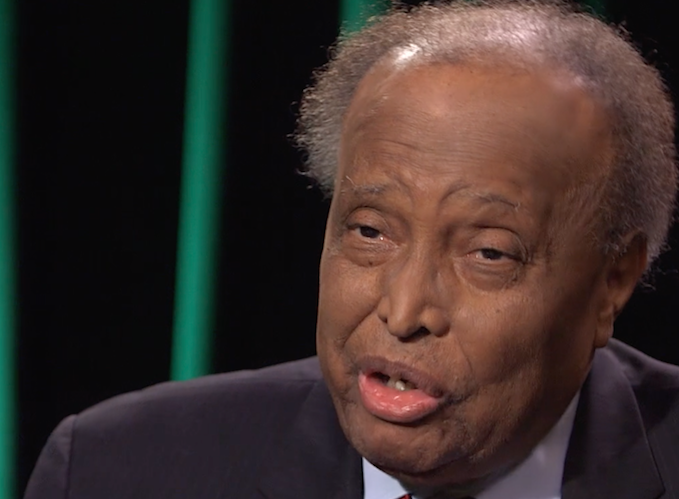
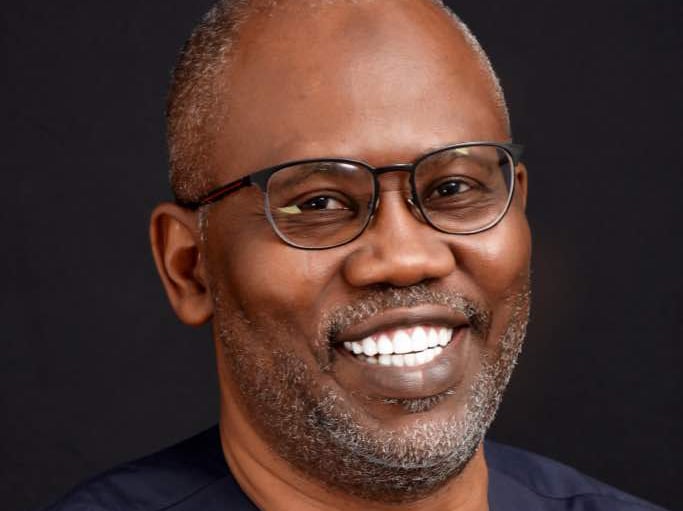


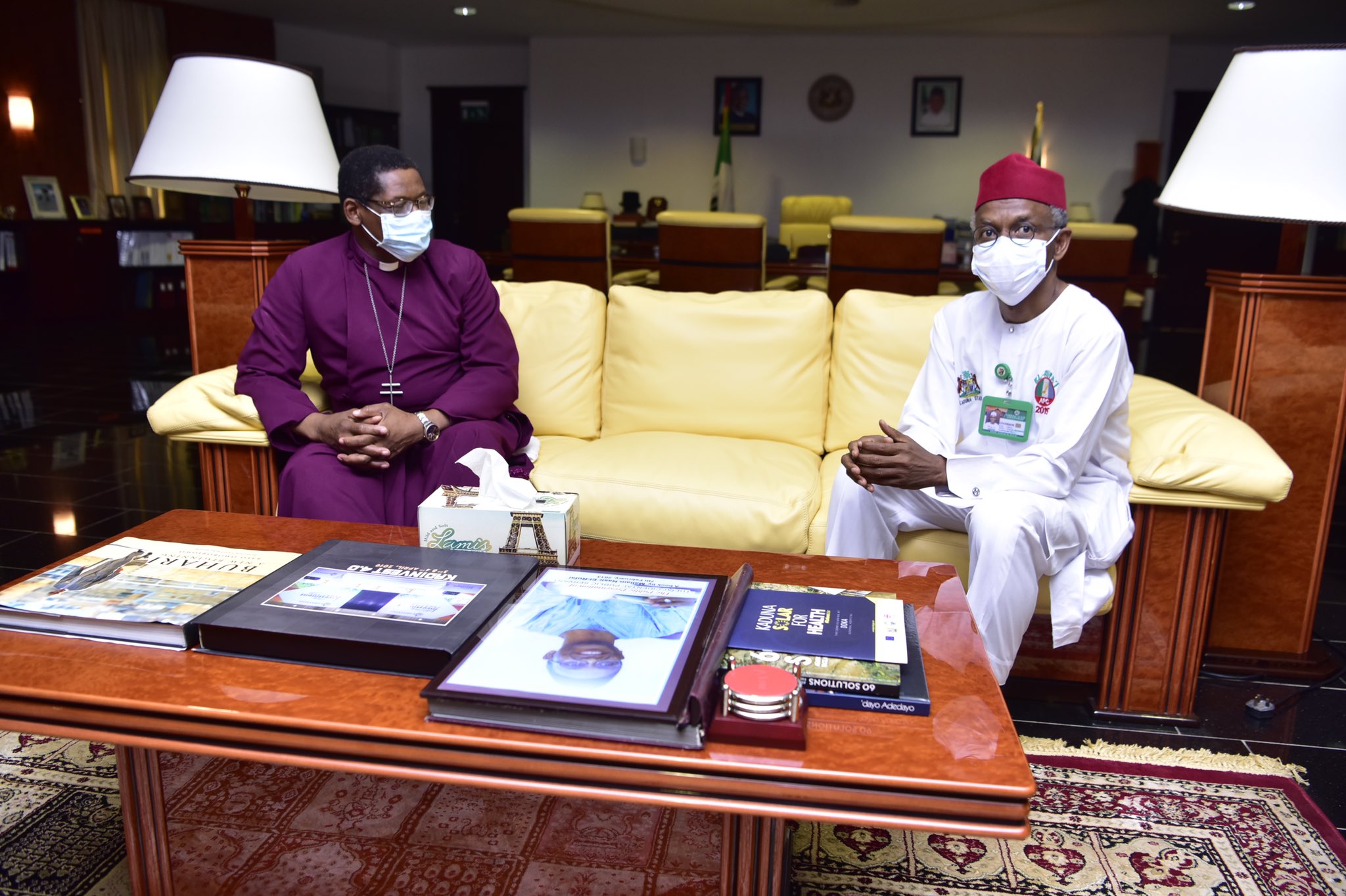
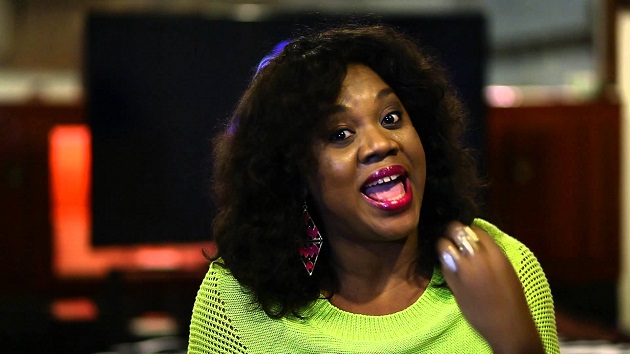

Thanks for this remembrance.